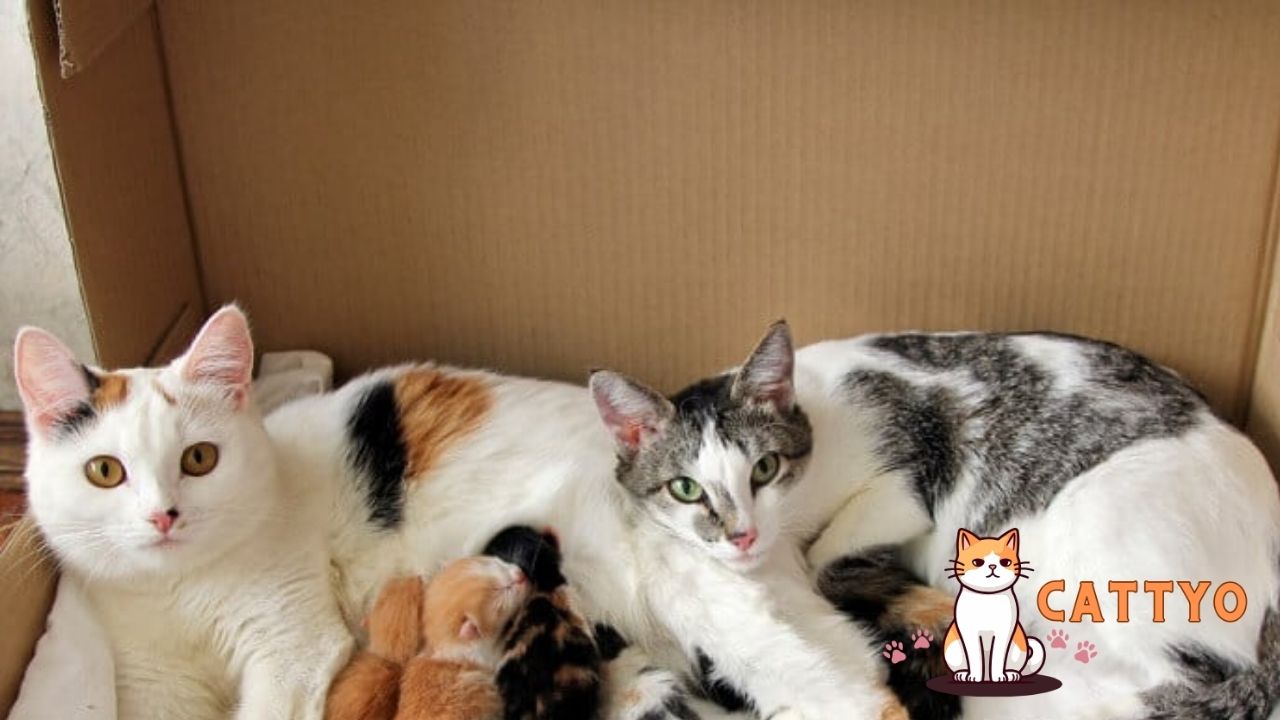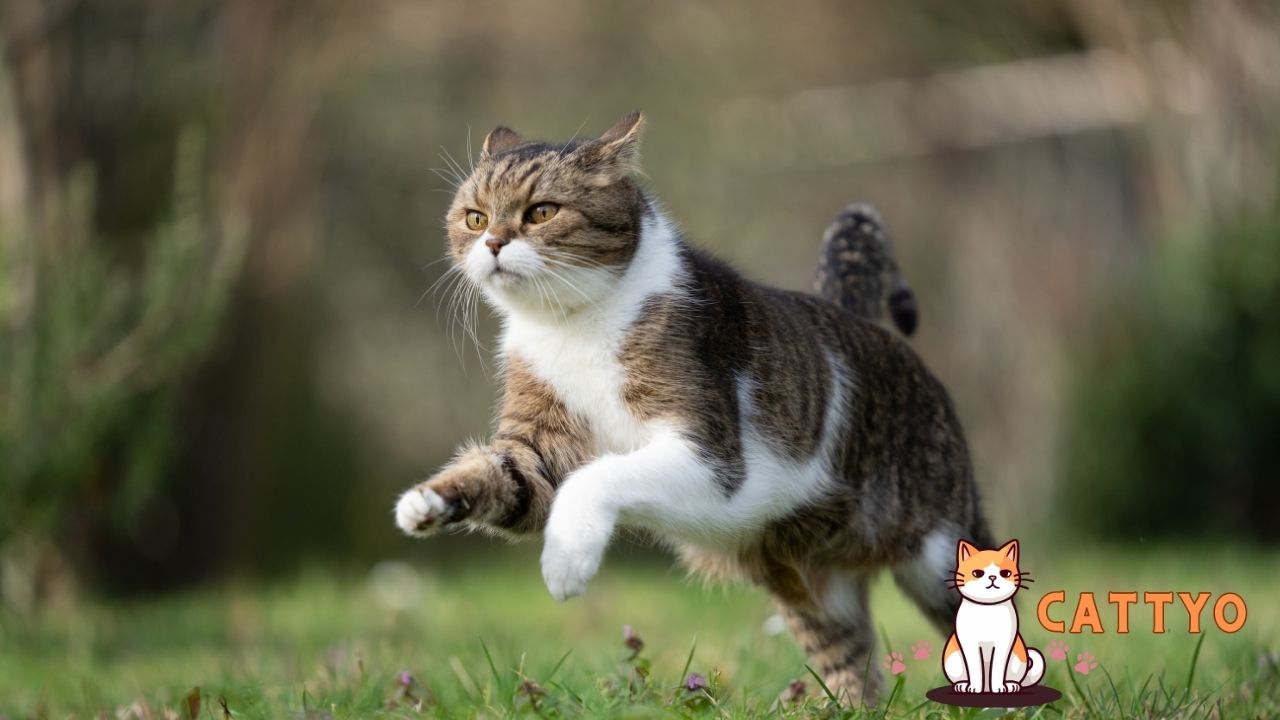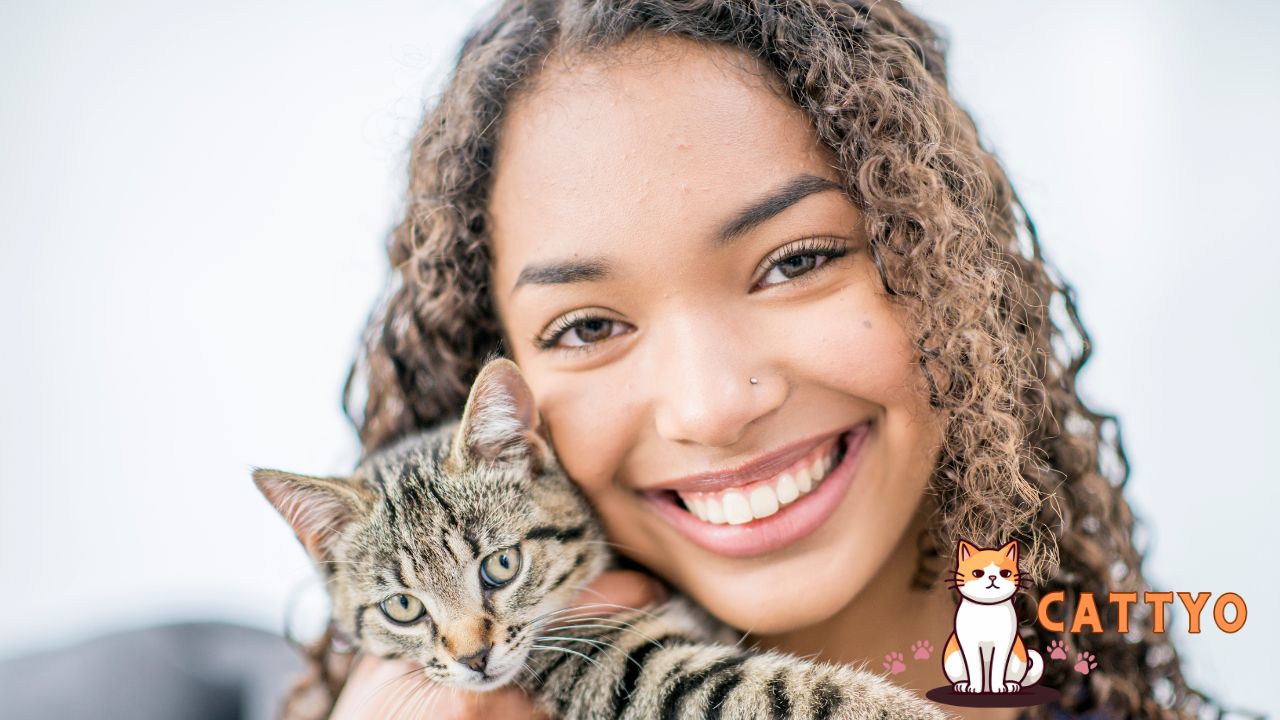So, you’re wondering: “How long do cats live?” If you’re like me, you probably daydream about your cat sticking around for years—like, forever, right? I mean, once you’ve bonded with your cat, it’s hard to imagine life without their sassy little face, isn’t it?
But the truth is, just like with humans, a cat’s lifespan can vary. There’s no one-size-fits-all answer, unfortunately. Still, there are some general guidelines and factors that can give us a pretty good idea of how many purr-filled years we can expect to share with our furry friends.
So, let’s get into it, shall we? Get comfortable, because this article’s about to take you through the factors that affect your cat’s lifespan, fun facts about cat aging, and maybe a few heartwarming (and slightly heartbreaking) truths. Let’s dive in!
How Long Can Cats Live?
The Average Lifespan of a Cat: What’s Normal?
Okay, here’s the simple answer: On average, domestic cats live between 12 to 16 years. Some might even go beyond that and hit their 20s. Yes, that’s right—cats can sometimes live to 20 years or more, though this is more of an exception than the rule.
It’s kind of like how some humans live to 100 while others… don’t. Life expectancy for cats can be influenced by all sorts of things, including their breed, lifestyle, and overall health.
Indoor vs. Outdoor Cats: The Great Debate
Now, here’s where things get interesting. Outdoor cats tend to have a shorter lifespan than indoor cats. On average, outdoor cats live about 5 to 7 years, whereas indoor cats can make it into their teen years and sometimes even their 20s.
Why the huge difference?
Well, outdoor cats face a lot more dangers—traffic, predators, diseases, and accidents are just a few of the risks they encounter. They’re also more likely to get into fights with other animals, which can cause injury or infection.
So, if you want your cat to stick around for as long as possible, keeping them indoors is generally your best bet. But, of course, there are exceptions. Some outdoor cats live long, happy lives, but it’s a gamble.
Breed Matters (But So Does Luck)
Here’s something interesting: some cat breeds tend to live longer than others. For example, Siamese cats and Manx cats are known for their long lifespans, often living 15 years or more, and sometimes pushing 20. On the other hand, larger breeds like Maine Coons tend to have a slightly shorter lifespan, averaging around 12 to 15 years.
But here’s the kicker: even though breed can influence a cat’s lifespan, it’s not the only factor. A lot depends on things like diet, exercise, genetics, and whether they have access to good veterinary care. My neighbor’s fluffy Maine Coon, for example, lived to be 17—proof that individual circumstances can defy the “norm.”
Health Factors: Keeping Your Cat Healthy = A Longer Life
You want your cat to live long and prosper, right? Well, just like us, a healthy lifestyle makes all the difference. A balanced diet, regular vet check-ups, and maintaining a healthy weight are essential for your cat’s longevity.
But let’s be real for a second: even the most pampered, health-conscious cat can still run into health issues. Genetic conditions, chronic diseases, and accidents can shorten a cat’s lifespan, even with the best care. But there are steps you can take to maximize their quality of life.
Signs Your Cat is Getting Older: It’s Not All About the Grey Hairs
As cats age, they tend to slow down a bit, just like us. You might notice that your once playful kitten is now napping 18 hours a day instead of 12. They might develop some grey hairs around their muzzle or start to lose some muscle mass. Don’t worry—it’s all part of the aging process.
You’ll probably also start to notice some changes in their behavior. Senior cats tend to become a little more reclusive, preferring peace and quiet over chasing after that pesky laser pointer. They might also develop health issues like arthritis, dental disease, or even kidney problems, which are pretty common in older cats.
Don’t panic—just keep an eye on them. Regular vet visits become more important as they age.
How Can You Help Your Cat Live Longer? A Few Tips
If you want to ensure your cat stays with you for as long as possible (without turning into a grumpy old cat), there are a few key things you can do:
- Feed them right: Good nutrition goes a long way in ensuring a long life. Opt for high-quality cat food that’s rich in protein and free from unnecessary fillers.
- Keep them indoors: This is the safest way to protect them from harm. Indoor cats tend to live longer, period.
- Provide mental stimulation: Cats need to exercise both their bodies and minds. Interactive toys, climbing trees, and puzzle feeders can keep them sharp.
- Vet check-ups: Don’t skip their annual vet visits, even if they seem perfectly healthy. Regular check-ups can catch problems early, improving their chances of living a long life.
- Watch for changes: Be alert for any sudden changes in behavior, weight loss, or difficulty eating. Early detection is key.
Table Of Average Lifespan of Cats by Type
The average lifespan of cats varies depending on whether they are indoor or outdoor cats, as well as their breed and health. Typically:
- Indoor Cats: On average, indoor cats live between 12 to 16 years, with many reaching 20 years or more due to a safer environment and fewer risks.
- Outdoor Cats: Outdoor cats tend to have shorter lifespans, averaging around 7 to 10 years, due to exposure to hazards like traffic, predators, and diseases.
Breed, diet, and veterinary care also play key roles in determining how long a cat lives, with some breeds having a natural tendency for longer or shorter lifespans. Regular medical attention and a balanced lifestyle can help maximize a cat’s lifespan.
| Cat Type | Average Lifespan |
|---|---|
| Domestic (Indoor) | 12 to 16 years |
| Domestic (Outdoor) | 5 to 7 years |
| Siamese | 15 to 20 years |
| Maine Coon | 12 to 15 years |
| Ragdoll | 12 to 15 years |
| Bengal | 12 to 16 years |
| British Shorthair | 14 to 20 years |
Quick FAQ on Cat Lifespan
Q: Can a cat live to be 20 years old?
A: Yes, it’s definitely possible! While most cats live to be around 12 to 16, many cats do reach 20 years or more, especially if they’re indoor cats and receive great care.
Q: Why do some cats live longer than others?
A. It comes down to several factors—breed, lifestyle, genetics, and health. Indoor cats generally live longer than outdoor ones, and some breeds are just naturally predisposed to longer lifespans.
Q: How can I tell if my cat is aging?
A: Cats slow down as they age, and you might notice some grey hairs or changes in their behavior. Older cats tend to sleep more, become less active, and might develop health issues like arthritis. Regular vet visits are key.
Conclusion: Cherish Every Moment with Your Cat
At the end of the day, the most important thing is that we cherish every moment we have with our cats. While it’s good to know how long they might live, it’s even more important to focus on making their lives as happy and healthy as possible. Whether they live to 10, 15, or even 20 years, the time we spend with them is a gift.
So, the next time your cat curls up next to you for a nap, just take a second to appreciate them. And remember, no matter how long they’re with you, those purrs, headbutts, and funny little antics will be worth every second.





